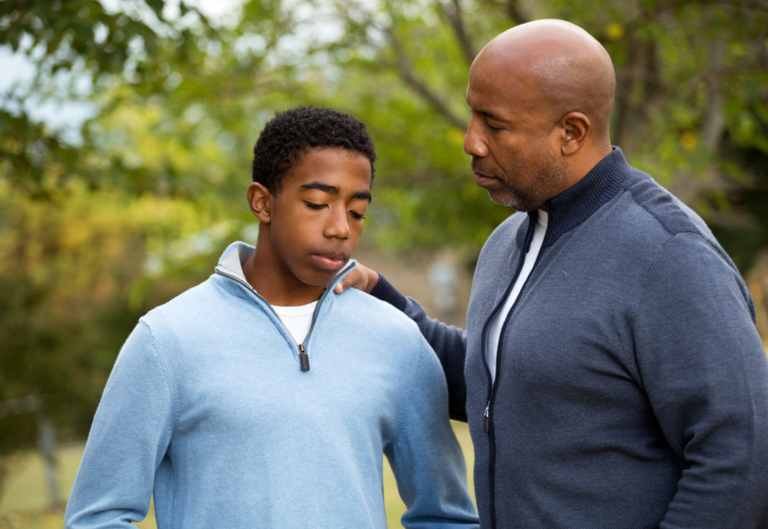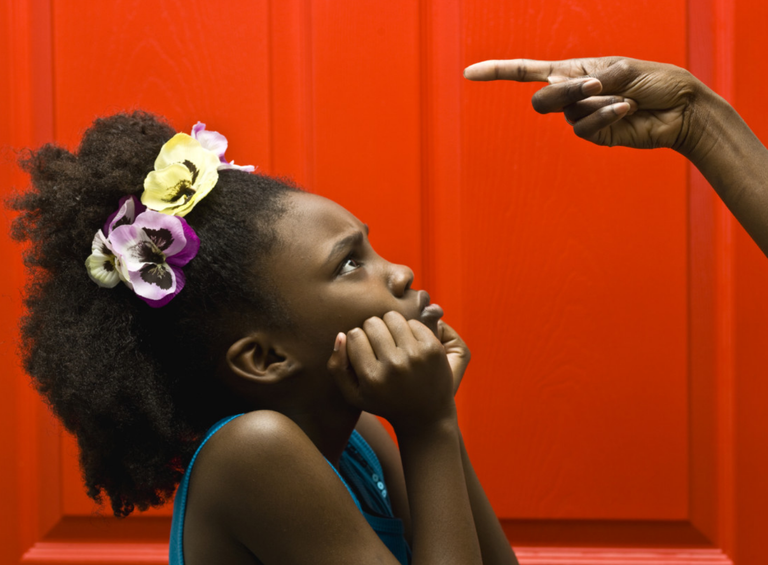Child Discipline - What is it?
Child discipline is one of the most important elements of successful parenting, yet more and more, parents just don't know what to do. Discipline (or training) might simply be defined as a process to help children learn appropriate behaviors and make good choices. In addition, loving, effective discipline aids a child in exercising self-control, accountability, and mutual respect.
Through proper discipline, children learn how to function in a family and society that is full of boundaries, rules, and laws by which we all must abide. With it, children gain a sense of security, protection, and often feel accomplishment. Without proper discipline, children are at risk for a variety of behavioral and emotional problems.
Child Discipline - How Does it Work?
How do we effectively implement child discipline? The Bible says parents have a God-given responsibility to train their child in the way he should go. That challenge often requires that we first learn to discipline ourselves in the matters of child rearing. Whether parenting skills come naturally or we learn them through trial and error, they are accomplished by consistency, encouragement, and example. The importance of these tools cannot be expressed enough.
Here are some effective child discipline techniques using instruction:
State boundaries and commands clearly and concisely. As parents, we cannot flip-flop when children try to bargain or negotiate - and they will. Children will test us to see if we will give in to their persuasive pleas (no matter their age).
We must deliver our instructions calmly, yet steadfastly, not as a quivering request. It is more effective to say, "Do not go into the street. Stay in our yard," instead of "Mommy doesn't want you to leave the yard, ok?" Children must know when parents are serious.
Our authority must be clearly, consistently established. Use only the necessary words, and teach your children to develop eye contact and listening skills. Show, by example, that you listen to them as you expect them to listen.
Remember to make rewards and disciplinary consequences not only age appropriate, but also task appropriate. Don't over-punish minor misbehaviors.
Teach your child that all actions bring consequences. Encourage them when they make good choices. They need to know the benefits of obeying and making good choices, as well as the negative consequences for disobedience.
State directives/results and follow through; don't issue idle threats. Give predictable consequences, such as, "If you behave in this way, this will happen."
Teach them good and moral behaviors by displaying your own good and moral behaviors. Go to church as a family. Plan healthy family activities that promote good morals and "together" time. You will soon see your child mirror your values and morals. Child discipline and training does not occur in a vacuum. Their behaviors are formed within the context of what they witness in their primary teachers.
Child Discipline - When Should it Begin?
Child discipline should start in the beginning. You should enjoy holding, cuddling, and talking with your baby. Studies have reported that infants respond to the sounds of the human voice. Talking to your child early may help in your child's brain development and train them to know what we expect by our tone (i.e. "Mommy loves you" or "It's time to go to sleep now").
Your baby will learn very quickly that crying brings response. When a child is hungry and cries, it gets fed. Begin training your infant to know the times he will be held and cuddled and the times he needs to be put in his crib. Speaking coupled with action is where child training should begin.

Most new parents think about discipline only after negative behaviors begin. Your child does not automatically know what is expected; you must spend time teaching him. While we encourage our children to learn to make choices, they need our guidance. It is to their benefit (and ours) to lovingly lead them into compliance with praise for the positives. From the start, put forth effort in your responsibility as a parent. Your child will thank you for it.
When should a parent being disciplining their children? Learn why it is important in their development and basic principles to make it effective. 

